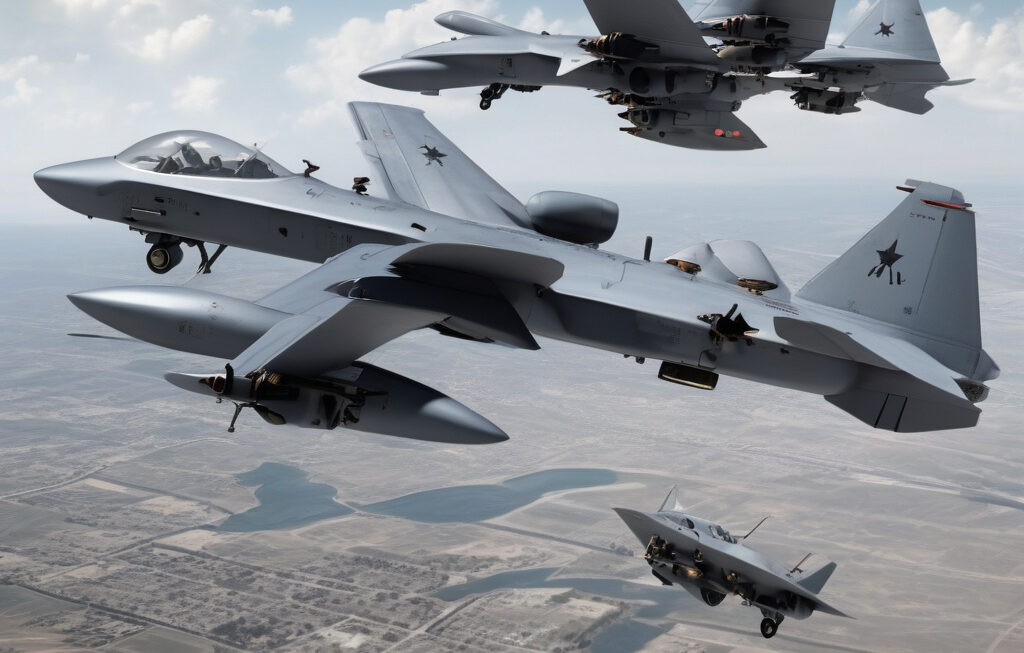Military AI: Navigating the Void of Accountability
The rapid advancement of Military AI is propelling us into uncharted territory, outpacing the ability of global regulations to keep up. This breakneck speed of innovation raises urgent questions about accountability, hidden biases, and the unsettling prospect of conflicts spiraling beyond human intervention.
As nations invest heavily in developing AI technologies for military applications, the ethical implications of these advancements become increasingly complex. Unlike traditional weapons systems, AI systems possess the ability to autonomously make decisions in real-time, raising concerns about the potential for unintended consequences and the loss of human control over the battlefield.
One of the primary challenges in the realm of Military AI is the lack of clear accountability mechanisms. In the event of an AI system making a critical error or causing harm, who should be held responsible – the developers, the operators, or the AI itself? Without established guidelines for assigning accountability, there exists a dangerous void that leaves room for impunity and avoids addressing the ethical ramifications of AI-driven warfare.
Moreover, the issue of hidden biases within AI algorithms poses a significant threat to the fairness and integrity of military operations. AI systems are only as unbiased as the data they are trained on, and if that data reflects existing prejudices or inaccuracies, it can result in discriminatory outcomes on the battlefield. This inherent bias not only undermines the credibility of AI-driven decisions but also raises concerns about the potential for exacerbating social inequalities and perpetuating injustice.
Furthermore, the prospect of wars escalating beyond human control looms large in the age of Military AI. As AI systems become more sophisticated and autonomous, there is a legitimate fear that once unleashed, they may act in ways that are unpredictable or contrary to human intentions. This loss of control over the conduct of warfare could have devastating consequences, leading to heightened levels of destruction and casualties with limited avenues for de-escalation.
In light of these pressing concerns, it is imperative that global regulatory frameworks adapt to the rapid pace of technological change in the military domain. Establishing clear guidelines for the development, deployment, and oversight of Military AI is essential to ensure that these technologies are used responsibly and ethically. This includes implementing mechanisms for accountability, promoting transparency in AI decision-making processes, and actively addressing biases in algorithmic systems.
Ultimately, the evolution of Military AI presents a dual-edged sword – offering the promise of enhanced efficiency and effectiveness in military operations while simultaneously posing profound ethical dilemmas and risks. As we stand at the cusp of a new era in warfare, it is incumbent upon policymakers, military leaders, and technologists to grapple with these challenges head-on and chart a course that prioritizes human values and security in the age of artificial intelligence.
#MilitaryAI, #Accountability, #EthicalImplications, #HiddenBiases, #GlobalRegulations












